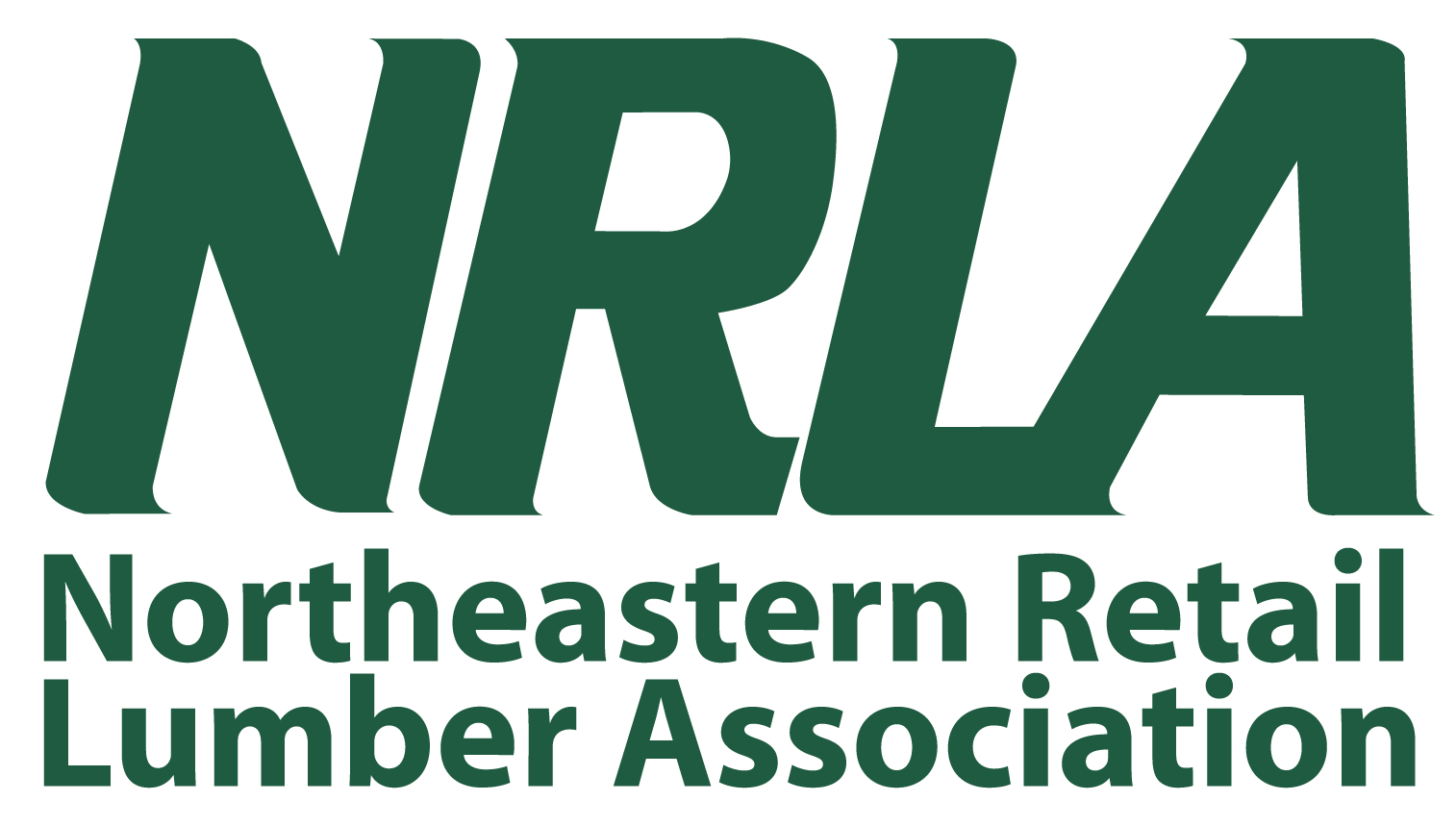The Connecticut General Assembly adjourned its short, three-month regular legislative session in May. Last week, the legislature met for a short special session limited to several policy issues; LDAC actively supported the amendments to commercial motor vehicle property tax assessments.
On the last night of the regular session, May 8, the state Senate gave final legislative approval to a bill that would give unemployment benefits to striking workers. The Governor vetoed the measure.
This is a report concerning legislation and public policy the Lumber Dealers Association of Connecticut has participated in or continues to monitor and participate in.
Commercial motor vehicle property tax assessments
Meeting briefly in special session on separate days last week, the state Senate and House passed one bill to address several policy issues. The session was necessary because a bill designed to prevent an increase in motor vehicle taxes this fall – an unintended consequence of a 2022 bill – failed to pass in the regular session.
Beginning Oct. 1, 2024, Senate Bill 501 continues to classify commercial vehicles as motor vehicles, and it would clarify that current law allows municipalities to establish mill rates on motor vehicles that are lower than mill rates on real property and personal property.
The bill requires municipal assessors to determine whether to value commercial motor vehicles with modifications or certain attachments (i.e., those designed, manufactured, or modified to be affixed to the vehicle) as motor vehicles or as personal property. (Motor vehicles are valued using different methods and depreciation schedules.)
Under the bill, which was signed by Governor Lamont on July 1, the assessor must determine the valuation of any modifications or attachments to these vehicles based on whether they are intended to be permanently affixed to the vehicle. Non-permanent modifications and attachments are considered personal property, which taxpayers must list on their annual personal property declarations.
Additionally, the bill requires assessors to value tax-exempt commercial trucks, truck tractors, and tractors and semitrailers used exclusively to transport freight for hire in the same way as other vehicles (i.e., using their MSRP subject to depreciation or assessor-determined values, as applicable), rather than using their purchase cost subject to depreciation.
Vehicle emissions standards
While legislative and public policy efforts to phase out the sale of new gas-powered automobiles in Connecticut by 2035 have failed, advocacy and regulatory efforts continue. According to Yankee Institute, Connecticut electricity ratepayers will be required to subsidize electric vehicle rebates under House Bill 5523. Instead of reopening the budget adopted last year, lawmakers funded certain programs by allocating federal ARPA funds in the bill.
The bill requires certain proceeds from the Regional Greenhouse Gas Initiative (RGGI) to be used for the Connecticut Hydrogen and Electric Automobile Purchase Rebate (CHEAPR) program (rather than the CHEAPR account) and other programs that support DEEP’s engagement with environmental justice communities. This will, according to Yankee Institute, “[saddle] Connecticut ratepayers with the cost of electric vehicle (EV) rebates by diverting funds from [RGGI] to support these subsidies.”
“RGGI comprises eleven Eastern states that impose a cap-and-trade program that aims to reduce carbon dioxide (CO2) emissions from power plants. Power plants must buy permits – called allowances – for each ton of CO2 they emit. These allowances are then sold at auctions. The money raised from selling allowances is used to fund energy efficiency programs and renewable energy projects.
The cost of these allowances is typically passed on to consumers in the form of higher electricity rates, meaning that ratepayers – residential, commercial, and industrial electricity users – ultimately bear the financial burden.”
Anti-business policies
LDAC monitored several bills and policies during the regular session that would have harmed small businesses and lumber and building materials dealers.
Unemployment for striking workers
An amendment to House Bill 5431, filed late in the session, was designed to benefit striking workers. It established a Connecticut families and workers account funded with $3 million earmarked to assist low-income workers through the state Comptroller’s office. The bill was approved by the House and Senate.
Striking employees would have been allowed, under House Bill 5164, to collect unemployment benefits after two consecutive weeks of striking for labor disputes that start on or after Dec. 14, 2025. The bill could have adversely affected the solvency of the state’s Unemployment Trust Fund, led to delays in construction projects, and raised costs for municipalities and the state. The bill was approved by the Labor Committee but not acted on by the House.
The Governor opposed both measures and vetoed HB 5431, saying it was vague and the legislature should have an open debate and up or downvote on the policy itself.


